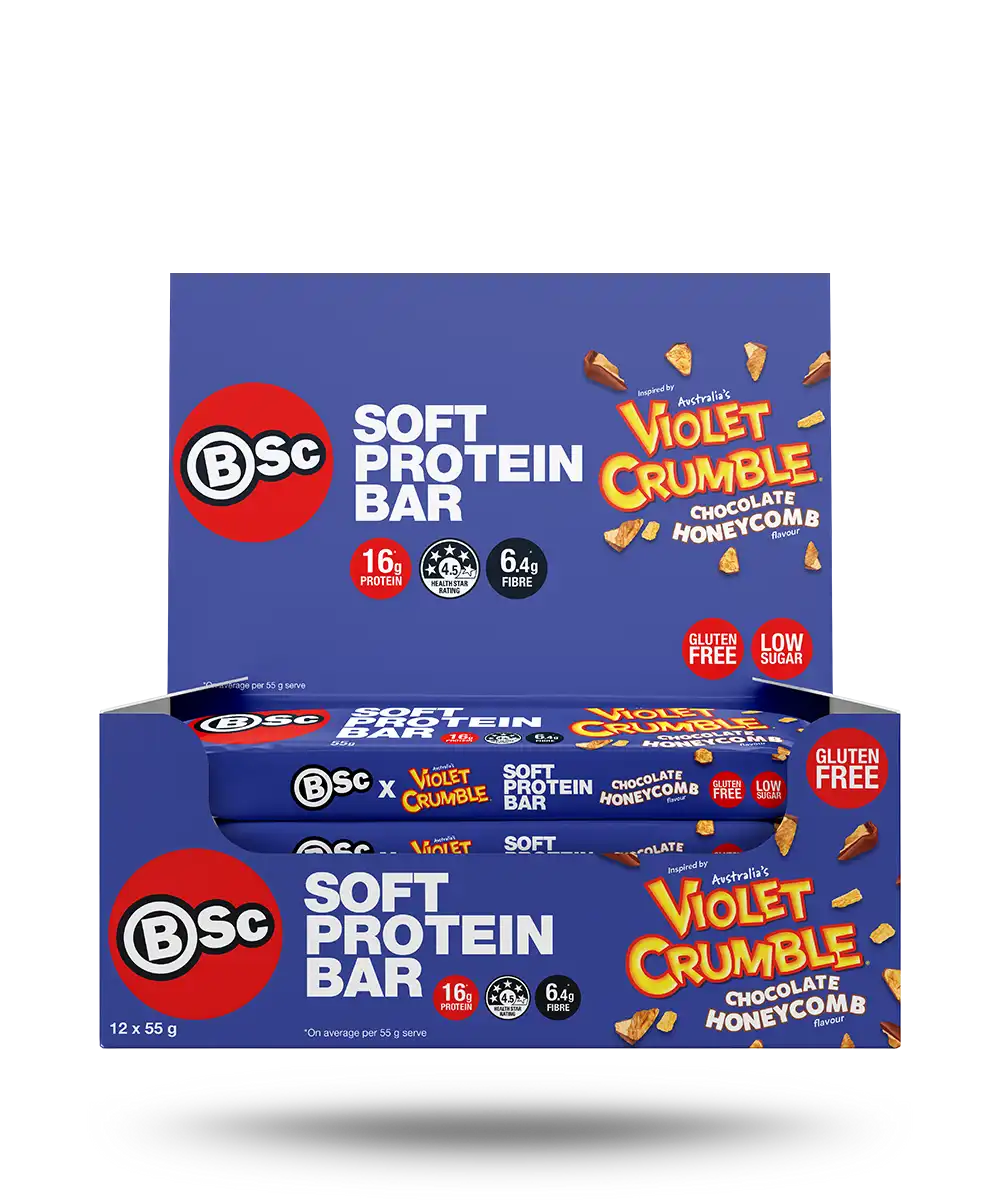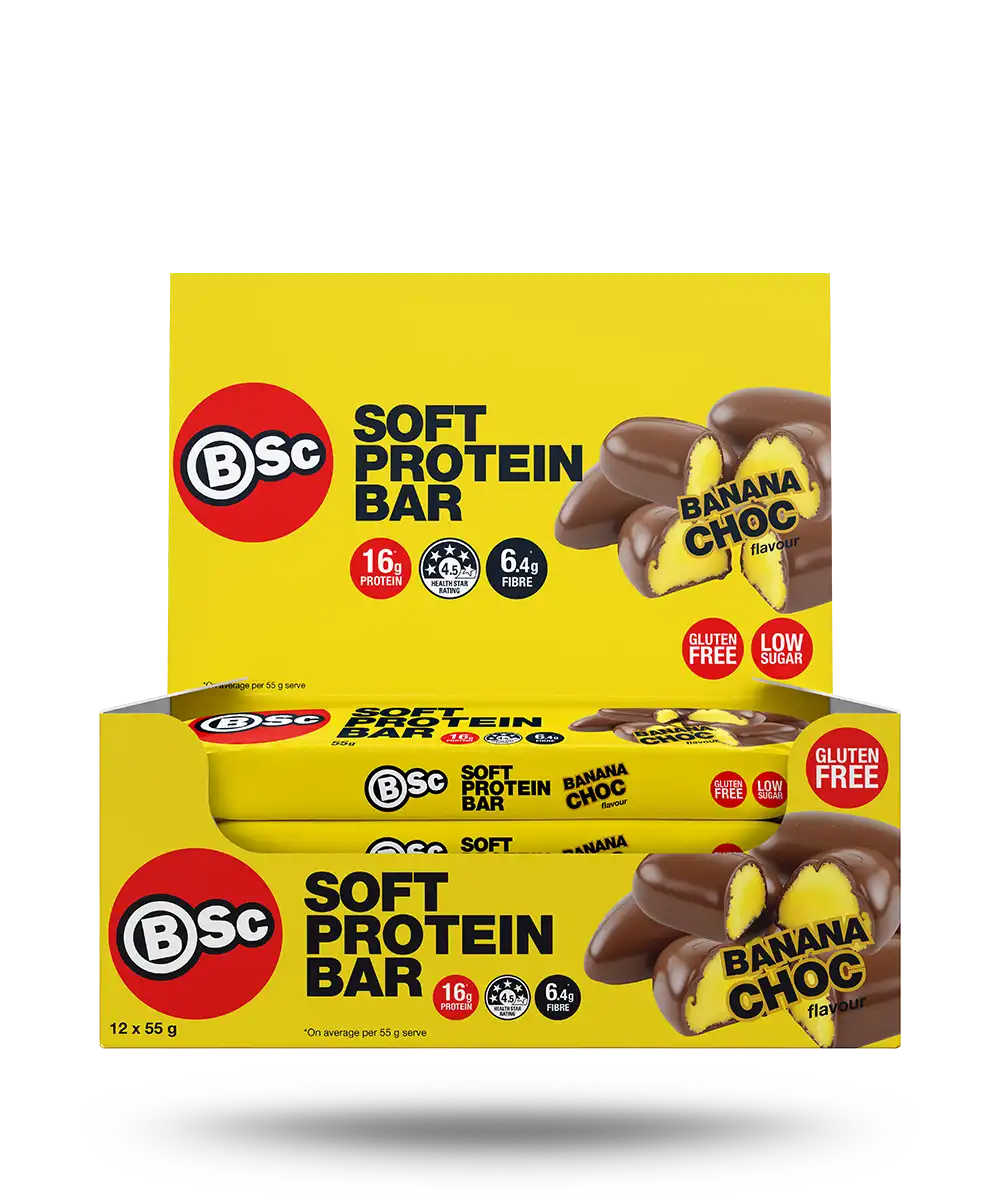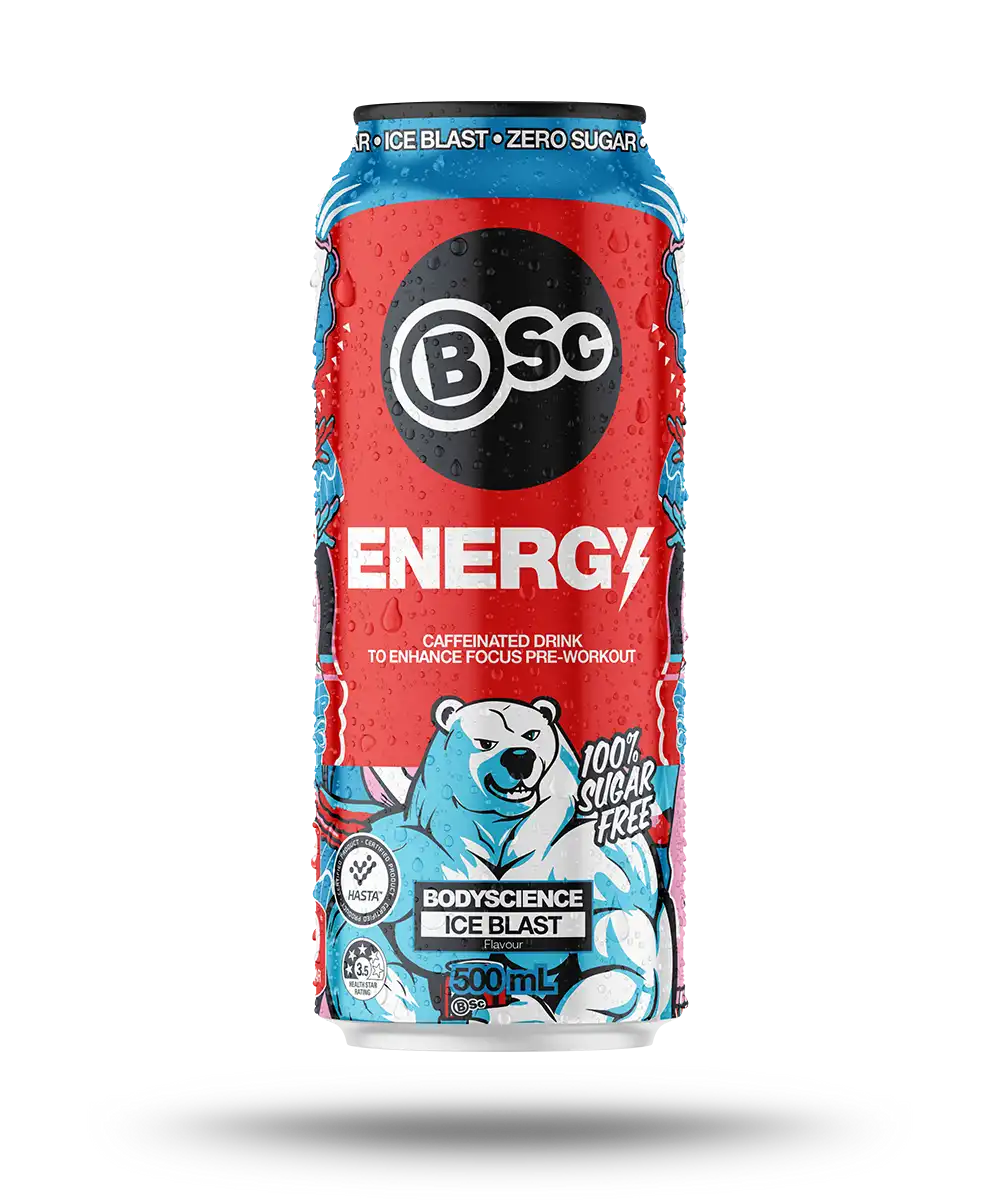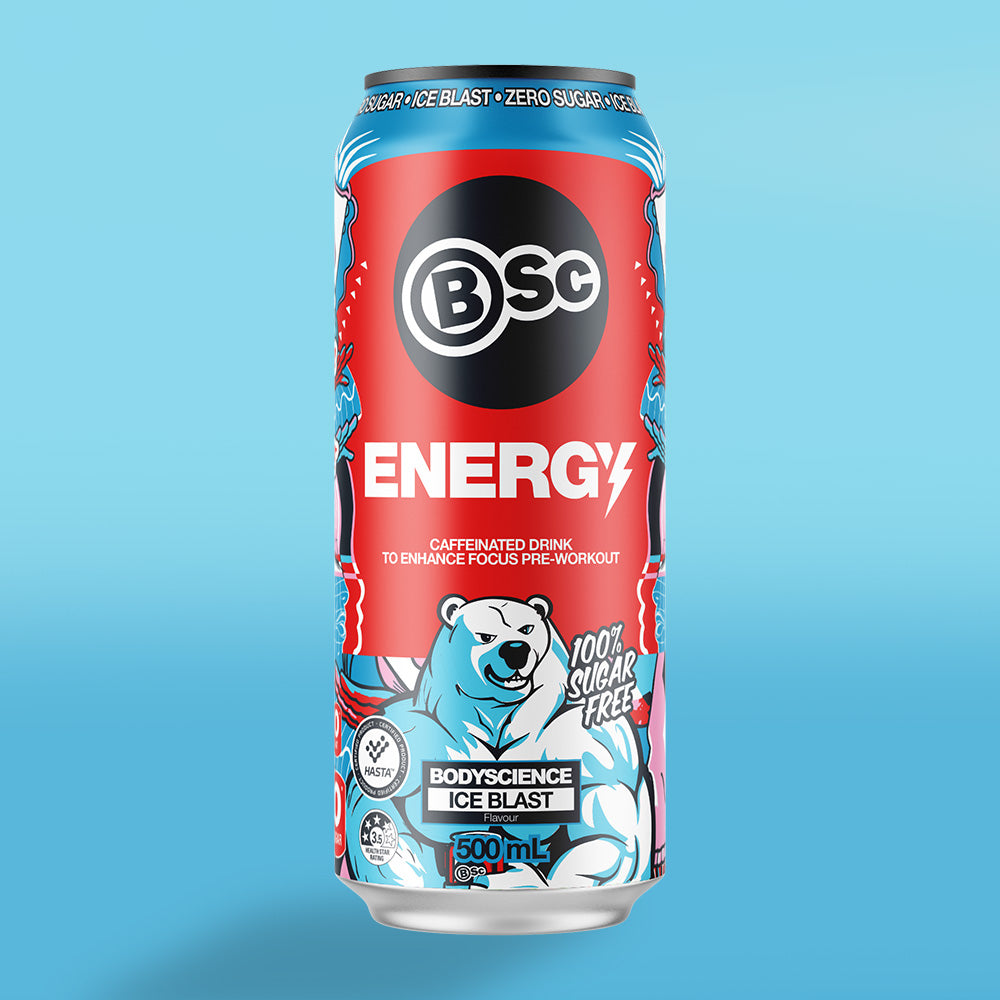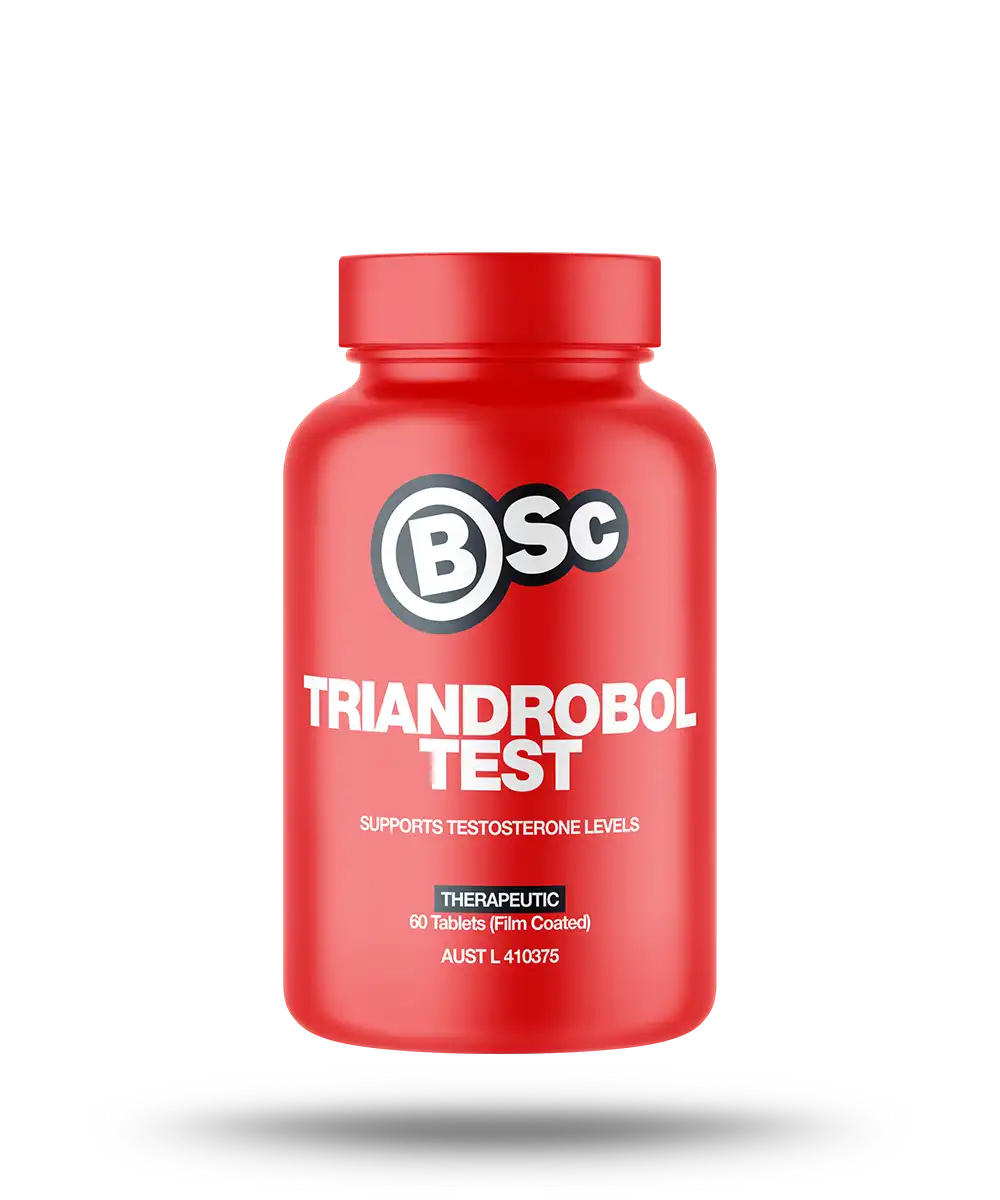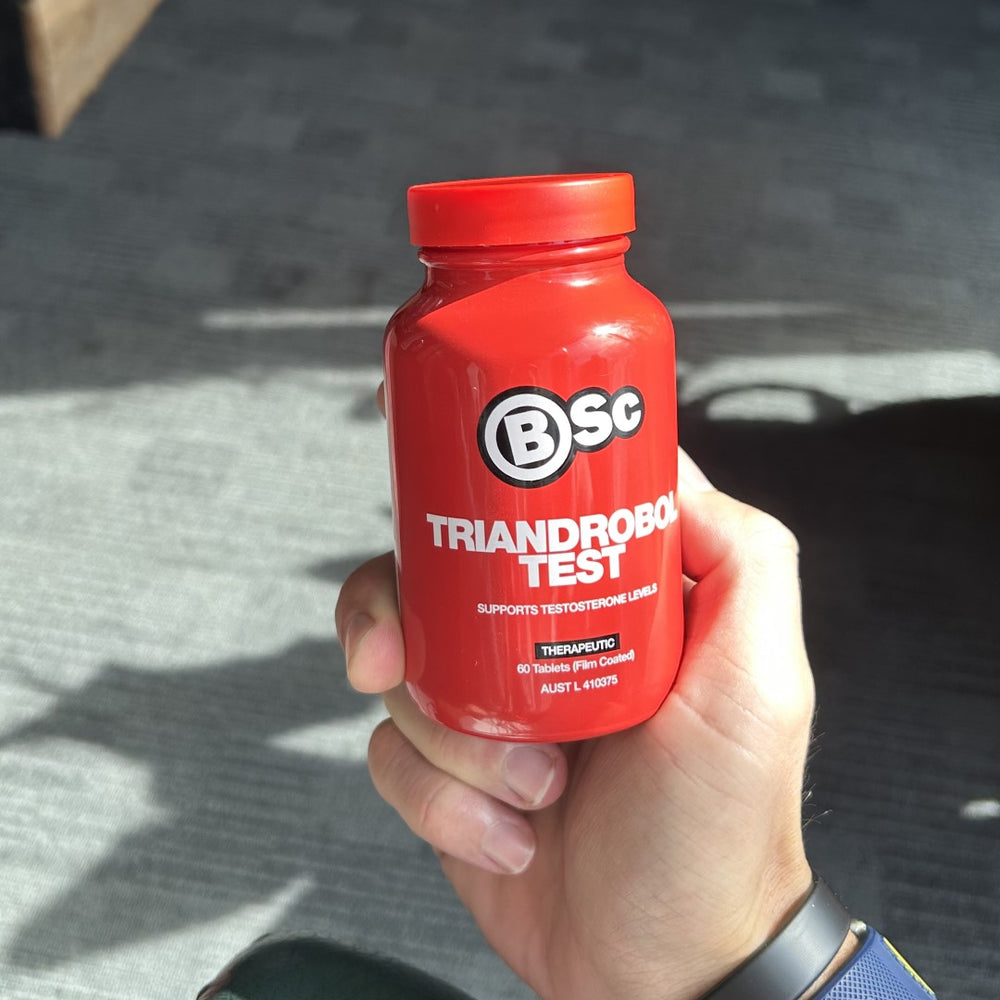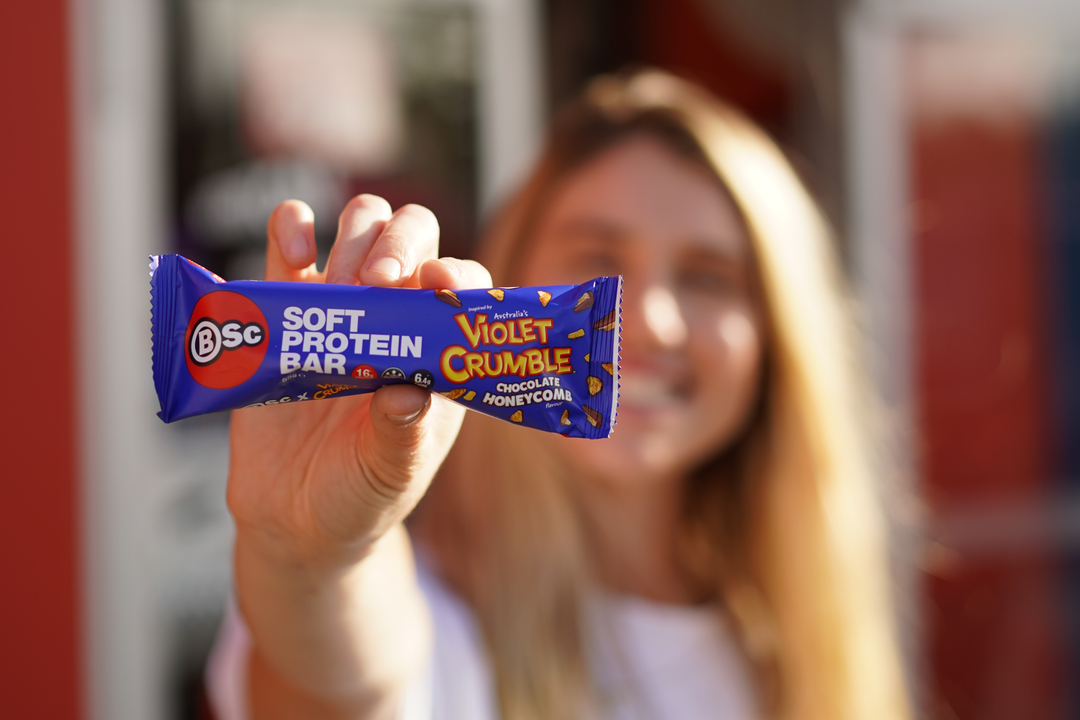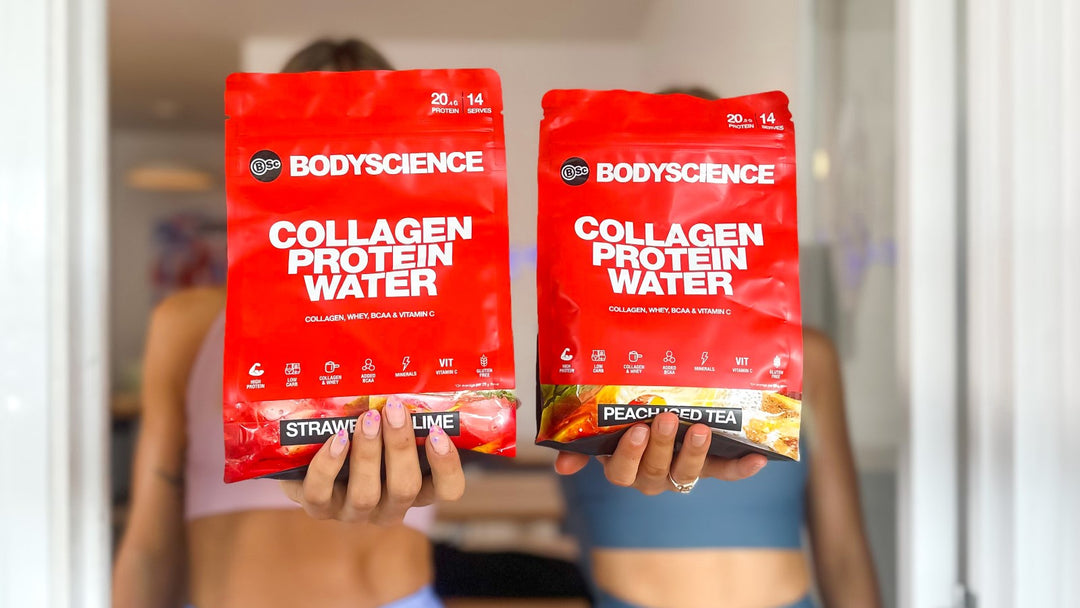Hey Body Science family, this is Harriet Walker and we're here for Episode Three of the Body Science Active Lifestyle Academy podcast.
So, we've covered a couple of topics so far and this week we are covering the hot topic of gut health. So, each week we choose a topic and we go into more depth, and this time it's bigger than salted caramel and unicorns! Gut health is getting a lot of attention and, you know what, rightly so! It's a new area of science that we're finding out more and more and more. Today I want to have a bit of a discussion around what is the gut? Why is it so important? A little bit of how about how it works and then some of the really practical things that we can take away and do right now for gut health. And because it's a topic that's still pretty new, some of the more practical aspects are probably seemingly simple. I think this topic is going to grow as we get more of an evidence-based approach happening. But there are a few simple things that you can do to optimize your gut health and we will cover that today.

So, it's a big topic so sit back, grab a pen and paper and let's get cracking. Did you know that around 10% of your body weight is bacteria? Yeah. So, it's kind of gross to think about but probably about 2 kilos of bacteria are living in your gut. Now someone said to me one day, Oh you know, I'd easily lose 2 kilos if I got rid of that. I'm like, yes, that would be funny but you wouldn't last all that long without your little gut bacteria microbiome, and I'm going to discuss why.
So, the microbiome is a sort of scientific term that we use to describe the bacteria in our gut and all their genetic information that they carry as well. So, for every one human cell that we have - hair, skin, nails or whatever it is that makes us human - 10 bacteria make up our gut. So, we are 1-part human and then 10-parts bacteria. So, you're starting to build a bit of a picture about how there is like a whole other being that we're carrying day today.
There are 7 main groups of bacteria and there are over a thousand different varieties of bacteria that we carry in our gut. And these are just the ones we know about! When it comes to gut health there is more that we don't know than we do know.
The microbiota of our gut starts developing pre-birth, so even when you're in mum's tummy we are developing our gut bacteria profile. When we are born and within the first two and a half years are the most important developmental points when it comes to building your gut; this is when we get introduced to lots of different species of bacteria when we're putting things in our mouth and discovering the world. What we eat, what our mum eats, they're all introducing different kinds of bacteria into our gut. So, by the time we're two and a half we've got pretty much what we are set for life but some elements do change into our adult years and that makes it important to look after our gut.
The two biggest things that impact our gut health would have to be our environment, how we live our lives day today, and also a critical aspect is our diet. So, this is why a lot of people are going on about gut health at the moment because in our society where there is fast food everywhere and we're probably a little bit more time-poor than we used to be, we're not making as much food from scratch anymore, we're seeing a bit of a veer away from our traditional gut profiles where we are eating traditional diet and we're seeing changes in the modern person. Which is potentially leading to those increases in a lot of related diseases. So, we know things like specific cancers and heart disease are linked to poor gut health, and there are potentially autoimmune impacts there as well, and also mental health. There is a lot of great research on the gut-brain axis and the relationship between our gut health and brain. So, we're looking at cancers, we're looking at all immune diseases, we're looking at anxiety and depression as being diseases that are impacted by our gut which again is why everyone's talking about it.
So, what does our gut do? What are the little bugs we're carrying around in our body does for us? Well, the first thing is they form part of the gut lining, they help contain the foods that we eat, they help to digest the food so food passes through the small intestine into the colon and this is where we'll find most of the gut bacteria. There are bacteria throughout our digestive track but predominately a large amount of the population will be in the colon and they help us to digest our food; they help us extract the energy from our food, and they form a part of our immune defence with our gut being one of our first lines of defence from pathogens. So, with bad bugs that we might be exposed to in our diet, our gut is the first place where those things might be handled. So when we got poor got health we are opening ourselves up to more illness. It helps us with digestion and mood regulation.
Serotonin is our happy hormone. A large amount of that brain chemical is produced from the cells in our gut, and this is when we talk about the gut-brain axis again. When we've got disruptions in our gut we see that there's a change in the profile of the microbes in our gut and that is generally reflected in the mood. So, the more we get into this research the more we can see that the first line of defence with anxiety and depression - one of the best things you can do for yourself in conjunction with working with your medical team - is working on your diet and making sure that is in check.
We know that research shows that with symptoms of anxiety and depression we see changes in the gut profile. We know that when people are overweight and obese there is a change in micro profile. They've even done some fantastic studies where they have taken mice which have had their gut sterilized, they've taken all the bugs out, they've taken the microbes from another white mouse, implanted that into the gut of the sterilized mouse and within the amount of time that mouse has become overweight. So, that is a really obvious example the way the microbes in our gut can extract more energy from the food than just our digestive processes and we're seeing this in these mouse models. We know that models aren't beyond question and there's time that needs to be spent to dig down and see what mechanisms are causing this change in weight, but it does have something to do with the microbes extracting more. These specific types of microbes in overweight obese mice are extracting more energy and that is causing that inability to shift the kilos.
As I said, there are over a thousand different species of bacteria but there are 2 main groups that we can work with. And when it comes to things like probiotics and prebiotics it's a really good place to start to understand more about your gut.
Probiotics are the living organisms bacteria, yeast, fungi - that we can consume regularly. We can get these from our diet to introduce some of the beneficial bacteria into our gut. It's not necessarily a matter of being good versus bad, we kind of need all the bacteria that are in there. It's a community but we want to make sure that we give the most real estate to the happy bacteria, the good bacteria, and have those healthy probiotics consumed regularly crowding out the less optimal bacteria. So, you can understand that if you're living a poor lifestyle, you don't have a good diet, you're constantly stressed if you are exposed to a pathogen like all those bacteria that can cause us to be sick, and when we don't have the good bacteria to crowd out it's got more of a chance to spread itself out and cause illness. That's one of the key points where that sort of illness starts and our immune function starts failing us. So, by consuming probiotics regularly we can be sure that we're sort of introducing those good bacteria and crowding out the bad bacteria every day.

This is a question I actually got asked; somebody wrote in and asked, Okay what's with probiotics? Should I be taking a probiotic regularly? That's a fantastic question. Probiotics assist us to improve our gut profile, especially when we've got acute cases of gut illness such as Bali's belly, coming back and having a bit of diarrhea, diseases from travelling overseas. A probiotic can help introduce some of these beneficial bacteria. But the thing is, as soon as you stop taking it that benefit ceases as well. So, if we're going to be taking probiotics we want to make sure that we're not just taking a single strain. We have over a thousand different varieties of bacteria gut - one is not going to do anything so we want to make sure that we're having a broad spectrum or a probiotic that's got a specific need for the issue, and this is something you can talk to your doctor about but we need to be taking it regularly.
Then we can look at prebiotics. So, we've got the probiotics which are the bacteria and then we've got the prebiotics. So, you feed yourself, your bacteria helps you to consume the foods you ate but what feeds the bacteria? This is the prebiotics. This is your food for your bacteria. These are the non-digested, non-digestible carbohydrates, the fibre that we get from our diet. The indigestible carbohydrates pass through the digestive tract, through the small intestine into the colon and start getting broken down further by the bacteria. The bacteria then produce molecules called short-chain fatty acids - this is kind of like bacteria poop if you want to put it childishly - and these short-chain fatty acids help to nourish your gut as well. So, it's one big symbiotic relationship.
I kind of describe it to my clients if we're going to put it in really simple terms imagine there's an elephant in the Sahara with a little bird on it's back. You've got that bacteria, the microbes, which are kind of like that little bird and you're the big elephant. The elephant protects the little bird from other animals that are hunting it down in the Sahara and then, in turn, the little bird is sitting there consuming all the bad pathogens, the bad bugs and creepy crawlies off your skin to keep you healthy as well. So, it's a two-way street, and by making sure that we're having a diet that's rich in fibre we're giving back to our bacteria and making sure that we are nourishing it in a way that it likes.
Foods such as legumes, whole grains, fruits, vegetables, the food with chemicals like polyphenols that we get in our food, these are all foods that our gut loves and that we need to get regularly to nourish it. So, in a world where fibre is something that we all need to be thinking about, where we do not consume enough fibre, making sure that these unprocessed whole foods are consumed regularly is the biggest investment that we can make into ensuring that we've got a healthy gut.
So, there is a lot of information out there about gut health and a lot of different approaches that we can take but actual day-to-day things that we can do consistently regularly are going to mean that we don't have to take those curative approaches later on down the track. And it's these small things done regularly - like consuming a fibre-rich diet field with legumes, whole grains, fruits, vegetables, polyphenols, tea, coffee – that are the things that we need to be doing to nourish our gut. It's less about the one-off probiotic for 2 weeks and then you forget to take the rest of the bottle.

Right now, we do need more evidence about what works and what is important with the gut, but there are a few key things that we can do.
Fermented foods we can have regularly, and these contain those probiotics we're talking about. So, fermented foods contain gut microbes. Lactobacillus might be something that you might be familiar with that we get from yoghurt, consuming fermented food such as yoghurt, caviar, apple cider vinegar, kombucha. They can all help us to improve the healthy bacteria profile in our gut, and that's something that I discuss with my clients regularly. It's not about relying on lots of supplements and lots of lotions and potions when it comes to gut health. If we can reduce our stress level, since we know that stress definitely impacts our gut health and in turn has that impact on mood as well, and if we can increase our fruit and vegetable intake, we will be less reliant upon having to make big changes later on.
There are a couple of principles here when it comes to good health and good nutrition and I will probably cover this on a few different angles. When it comes to this podcast, we're looking at building a healthy lifestyle. How do we build a healthy body? How do we get fitter, happier, healthier regularly? We're starting with the basics here. And there are basics that people kind of overlook because they're not as sexy as the life with fad diets, but these are principles that if we can follow - and we can follow it consistently - we can start working on fine-tuning our diet.
If I was going the name the one thing that I was wanting to look after this year, that is my gut health. I've got heaps of clients to come to me with various symptoms or they're stressed in they are not feeling quite right, they've got a little bit bloating in the stomach, and before I get too tricky with I get them to review their fibre intake, their water intake, how much sleep they're getting, are they overstressed at work? Some of these things we can't change right away. I know that work is something that we all have to deal with and we can't just quit our jobs and go to the Bahamas - I would like to be able to do that but unfortunately, no. But things like increasing vegetable intake, increasing fruit intake, 2 pieces of fruit a day, water intake to help hydrate us and keep digestion in our bowels moving efficiently, and making sure that we're getting that seven to eight hours of sleep per night.
These are the cornerstones to good health and this is what the Body Science Active Lifestyle Academy is all about. It's giving the basic tools to build a healthier, happier lifestyle; to build that best body yet and getting your very own health professional in your room giving you the tips that you need to make those changes.
So, if we're going to double back and take some key takeaways from today:
We know that we're carrying around 2 kilos of bacteria in our gut. The microbiome is what we're talking about there. There are hundreds of different varieties of gut bacteria and they are impacted by the environment and by diet. We can ensure that by consuming probiotics, the bacteria from food, from fermented foods that we can increase the healthy happy bacteria in our gut and crowd out those pathogenic bacteria.
We can increase the prebiotic foods in our diet; so those foods that are rich in fibre, legumes, whole grains, fruits and vegetables, polyphenols in tea and coffee, they all contribute to a happy healthy gut. Making sure that we're practising those simple self-care things like getting to bed on time and making sure that you get adequate rest and recovery.
So, those are some key takeaways there that you can probably implement. I'll suggest maybe choose one of those things and try it out for a week and see if you can do it consistently. If you chose one thing each week, or even every couple of weeks to implement you're going to have a lot of different changes that you've made consistently.
So, that's Gut Health 101. We could spend hours talking about that but that's probably a good place to stop. Keep your eye out on the research as this is just going to be a topic that's not going to go away.
If you have any further questions I am always happy to answer. So, get in contact with us - we've got our social media channels, we've got YouTube, and we've got heaps of other content over there on the YouTube channel as well so go ahead and surf around. I'll see you next time for our next episode of the Body Science Active Lifestyle Academy.

